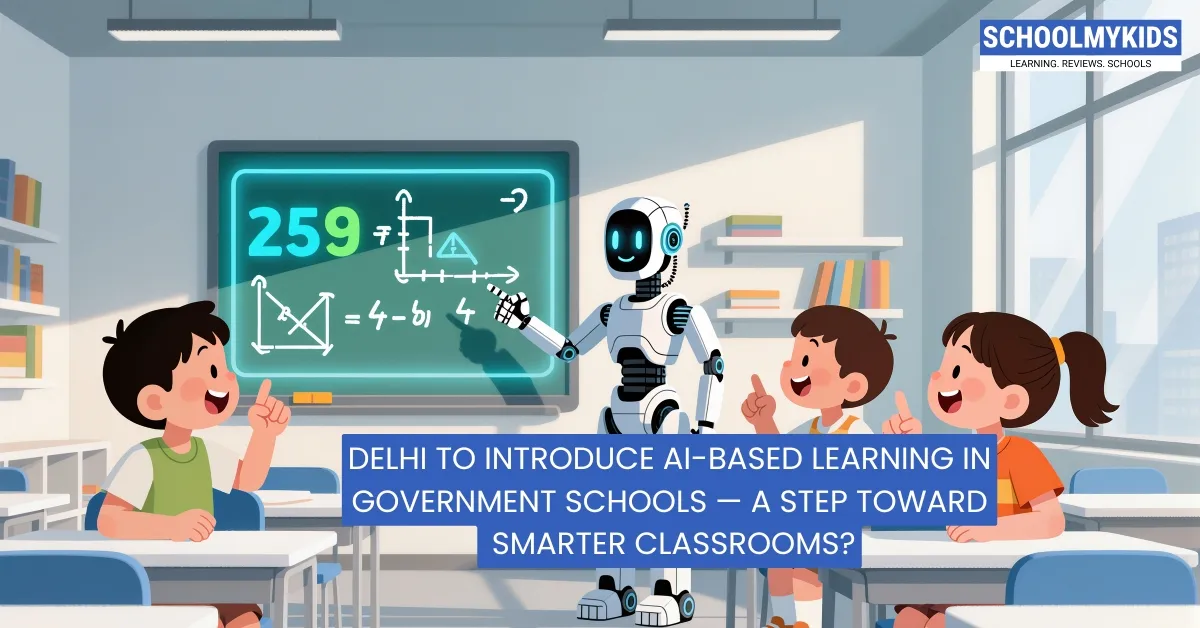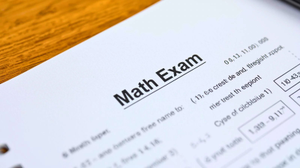The Delhi government has embarked on a transformative journey to integrate Artificial Intelligence (AI) into its government school classrooms, signaling a step towards smarter, more personalized education. This initiative, led by the State Council of Educational Research and Training (SCERT), is set to revolutionize learning by training teachers to effectively utilize AI tools in daily instruction while enhancing student engagement and learning outcomes.
The AI-Mediated Classroom Project
The project will roll out in two phases, beginning with intensive training for 100 computer science teachers from 50 selected government schools. These resource persons will then spearhead the broader implementation within their schools, providing support and guidance to subject teachers. In the subsequent phase, teachers of critical subjects such as mathematics, science, English, Hindi, and social science will receive AI training to tailor lesson plans, conduct data-driven assessments, and adopt innovative pedagogical techniques.
Expected Benefits
AI integration promises several educational benefits. It enables personalized learning experiences by adapting to individual student needs, helps in identifying learning gaps through data analytics, and encourages interactive and innovative teaching methods. Additionally, automating administrative tasks reduces teacher workload, allowing more time for focused teaching and mentorship.
Complementary Technology Upgrades
This AI initiative complements Delhi’s plan to establish 5,000 AI-enabled smart classrooms, 100 ICT labs, and 450 language labs within five years, funded through a substantial budget allocation. These infrastructure upgrades, coupled with AI tools, aim to enhance foundational literacy and numeracy while fostering STEM education and entrepreneurship under government missions like NIPUN Bharat.
Challenges and Outlook
While the project sets a promising precedent, challenges such as digital infrastructure disparities, teacher readiness, and ensuring equitable access remain. Success hinges on sustained investment, continuous training, and community engagement. With these measures, Delhi aims to create a robust, future-ready education ecosystem that other states can emulate.
Conclusion
Delhi’s move to introduce AI-based learning represents a bold stride toward smarter classrooms, personalized education, and empowered teachers. By blending advanced technology with committed pedagogy, the initiative promises to redefine learning experiences, preparing students effectively for the demands of the 21st century.









Be the first one to comment on this story.